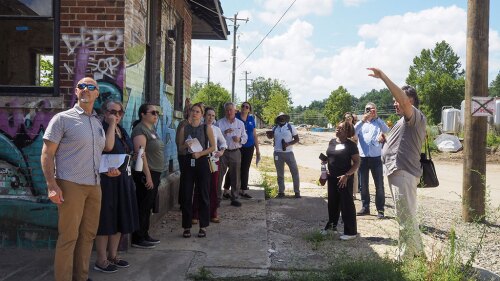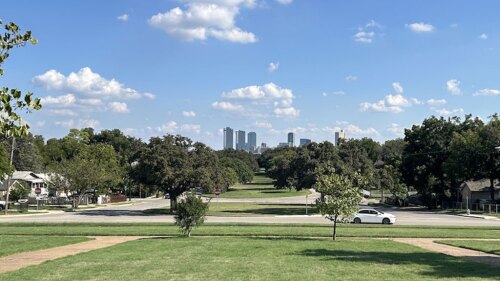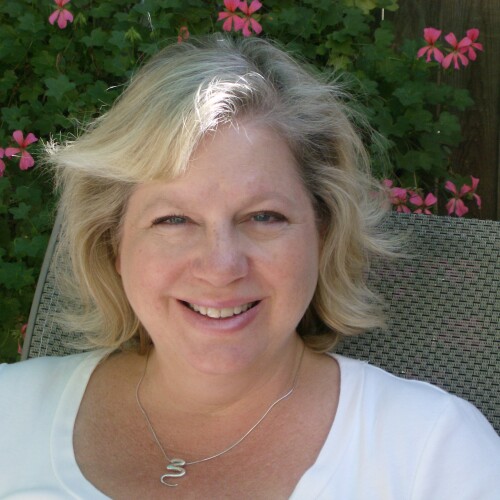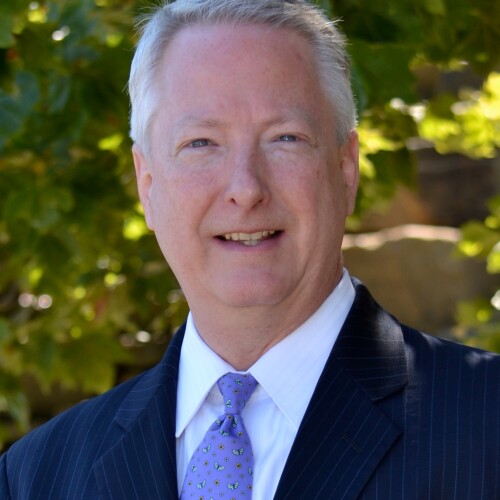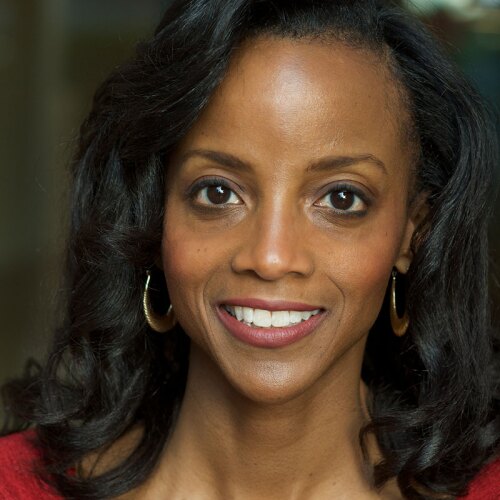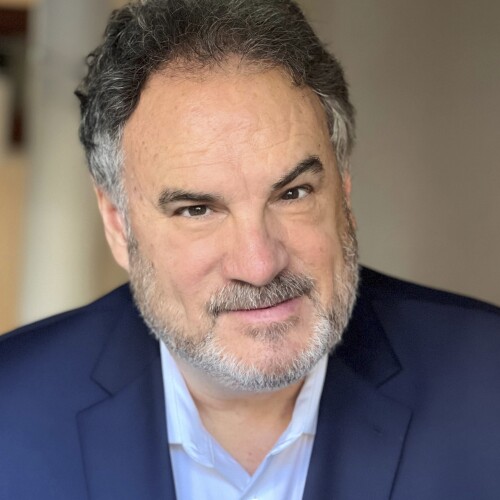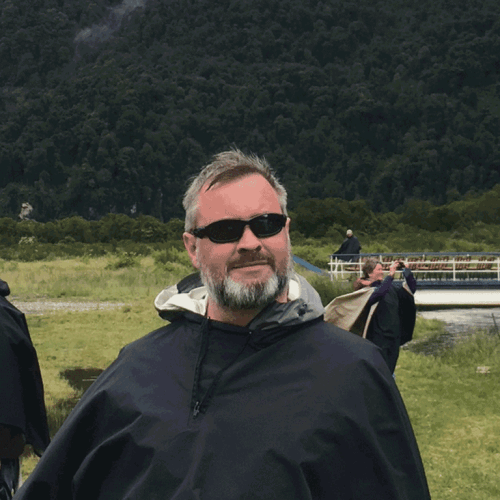From stadium-anchored destinations to experience districts, successful mixed-use sports and entertainment developments are evolving into adaptable, community-centered places that deliver cultural relevance, financial performance, and economic activity every day.
NZI on TAP: Philadelphia & Peer Cities Brainstorm Best Practices for Retrofitting Affordable Housing
ULI Philadelphia and the ULI Net Zero Imperative, in partnership with the City of Philadelphia’s Division of Housing and Community Development and the Philadelphia Housing Development Corporation, hosted a two-day technical assistance workshop in May 2025, focused on retrofitting existing affordable housing to net zero.
Industry experts examine how a widening wealth gap is creating a two-tier demand structure, boosting luxury assets while introducing new fragilities for mass-market commercial real estate
Despite a perfect storm of housing shortages, climate risks, and stalled downtowns, urban design is emerging as a positive, coordinating force to meet these challenges, bridging policy, capital, and community to achieve a common goal. Gensler’s latest research highlights where cities are already adopting this new ethos—and what civic leaders need to do now.
Project Profiles
Shenzhen’s Nantou Ancient City project represents a groundbreaking approach to revitalizing China’s historic urban villages in a way that preserves their cultural heritage and community fabric. After China’s government designated Shenzhen as a Special Economic Zone in 1980, the city’s more than 400 urban villages grew rapidly to provide informal housing for an influx of migrant workers. The result: high-density residential areas that maximized rental income but often compromised on fire safety and hygiene standards.
ULI Advisory Services
ULI Advisory Services Panels bring together leading experts to help communities navigate their most pressing land use and development challenges. What happens after the recommendations are delivered, though? One year on, we checked back with this community in Fort Worth, Texas, to see how panel insights have turned into action and how ULI’s work is helping to shape meaningful, lasting progress.
New resilience framework touches on infrastructure, economy, equity, housing, and cultural vitality.
A team of ULI experts visited Fort Worth in September 2024 to develop anti-displacement strategies for the city’s historic, majority Hispanic Northside neighborhood, which faces mounting pressure from two nearby megadevelopments, as well as broader metropolitan growth trends that drove up the area’s property values 60 percent from 2016 to 2021.
Industry Voices
How Hong Kong leverages transit and housing to create a master class in healthy, equitable urban density.
It’s not as if the old two-story building at the corner of 12th and Remington Court, in Seattle’s First Hill neighborhood, was ever particularly remarkable. Even in its original incarnation, it was a straightforward, utilitarian, mixed-use structure—competently built but not especially well-proportioned or ornately detailed.
Urban Land sat down with ULI Visionary Jonathan Rose during the Institute’s Fall Meeting in San Francisco to learn more about his four-decade ULI membership and the work that lies ahead.
FORUM, a life sciences building developed by Lendlease, is the first purpose-built life sciences building in Boston Landing, a mixed-use district in the city’s Allston-Brighton neighborhood. Targeting LEED Platinum, the recently opened building employs numerous strategies that enable companies to meet stringent regulatory requirements, reduce their carbon footprint, and achieve net zero operations.
Jeff Speck and I first met in 2004. I had just been elected mayor of Oklahoma City, and I was invited to Charleston for an event hosted by the Mayors’ Institute on City Design. Jeff was one of the design professionals lending expertise to mayors facing complex planning issues.
When I took office as mayor of Oklahoma City in 2004, my goals were similar to any other mayor’s: to improve our economy, raise our national profile, and protect our citizens. We had an intersection with safety concerns, and our planning department was pushing the idea to me and the City Council to install a traffic circle. At the time, traffic circles were new to this generation of Oklahoma City drivers, but we soon found out that they were cost-effective and most certainly safer.
Leveraging Federal Programs
U.S. House and Senate housing bills now moving toward reconciliation would reshape federal policies that affect housing supply, finance, zoning incentives, and development feasibility across markets.
Nine federal properties across the Southeast are under review as policymakers weigh consolidation, disposal, and adaptive reuse strategies to reduce costs and return underused buildings to local communities.
Best practices for acquisition and redevelopment
Urban Land Contributors













